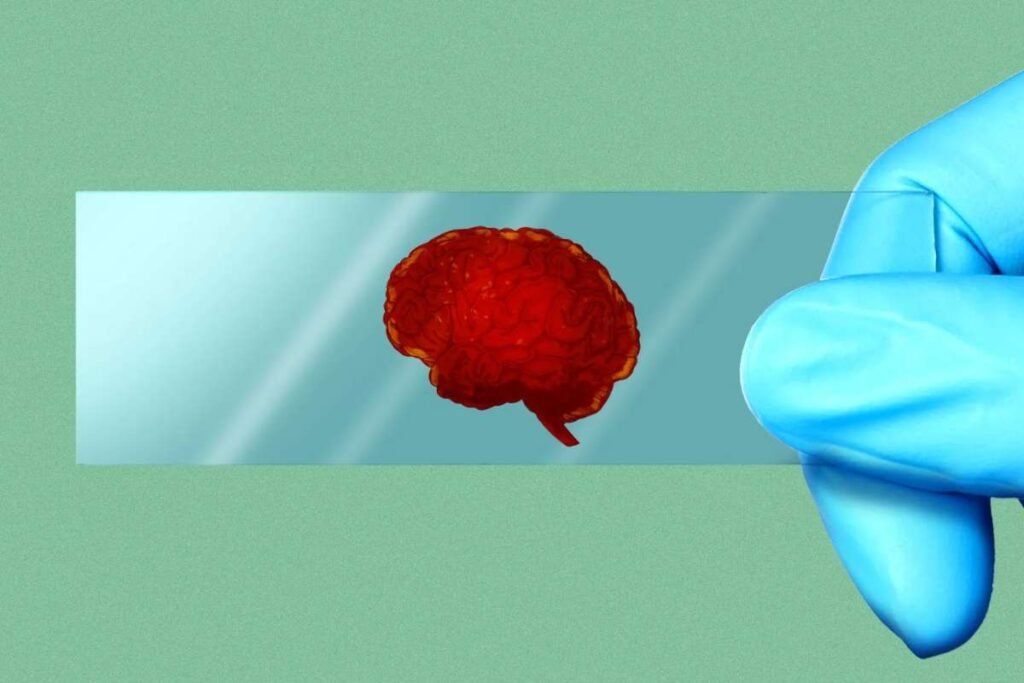In a major advancement for Alzheimer’s research and care, the U.S. Food and Drug Administration (FDA) has approved the country’s first blood test for detecting Alzheimer’s detection signs of the disease. Developed by Fujirebio Diagnostics, the test identifies the ratio of two specific proteins in the bloodstream that are associated with amyloid plaques in the brain, a key indicator of Alzheimer’s. Until now, these plaques could only be detected through more invasive and expensive methods, such as spinal taps or PET brain scans.
FDA Commissioner Dr. Marty Makary emphasized the test’s significance given the growing impact of Alzheimer’s in the aging population. “Alzheimer’s disease affects more people than breast cancer and prostate cancer combined,” Makary stated. “With 10 percent of individuals over 65 currently diagnosed, and that number expected to double by 2050, tools like this test are urgently needed to support early diagnosis and intervention.”
A Boost for Early Intervention and Treatment
Currently, there are two FDA-approved treatments for Alzheimer’s Detection and donanemab both of which target amyloid buildup in the brain and have shown modest success in slowing cognitive decline. While not curative, these therapies are most effective when administered during the early stages of the disease, underscoring the need for faster and more accessible diagnostic tools.
Clinical trials of the new blood test have shown strong alignment with results from traditional diagnostic approaches, such as PET scans and spinal fluid analysis. Experts believe that the test could help streamline the diagnostic process, enabling patients to begin treatment sooner and potentially maintain independence for a longer period.
“This approval marks a significant step in Alzheimer’s Detection,” said Dr. Michelle Tarver of the FDA’s Center for Devices and Radiological Health. “It opens the door for broader access and quicker assessments for patients experiencing cognitive symptoms.”
The test is approved for clinical use in patients already exhibiting signs of cognitive decline, and its results must be interpreted in conjunction with other medical evaluations.
Shifting the Landscape of Alzheimer’s Detection
Alzheimer’s disease, the most common form of dementia, continues to pose a growing public health challenge as life expectancy increases. The condition leads to progressive memory loss and cognitive dysfunction, eventually rendering individuals unable to care for themselves. As researchers search for more effective therapies, early and accurate detection remains a top priority.
Advocates and medical professionals have long called for more accessible diagnostic options, particularly those that can be used outside of highly specialized facilities. The approval of a blood-based test marks a turning point, with the potential to expand diagnostic reach beyond urban centers and large hospitals.
As more healthcare providers integrate this tool into their practice, experts hope it will lead to better patient outcomes through earlier intervention. With ongoing support from the medical community and future enhancements, the test could help transform how Alzheimer’s is diagnosed and managed in the years to come.









